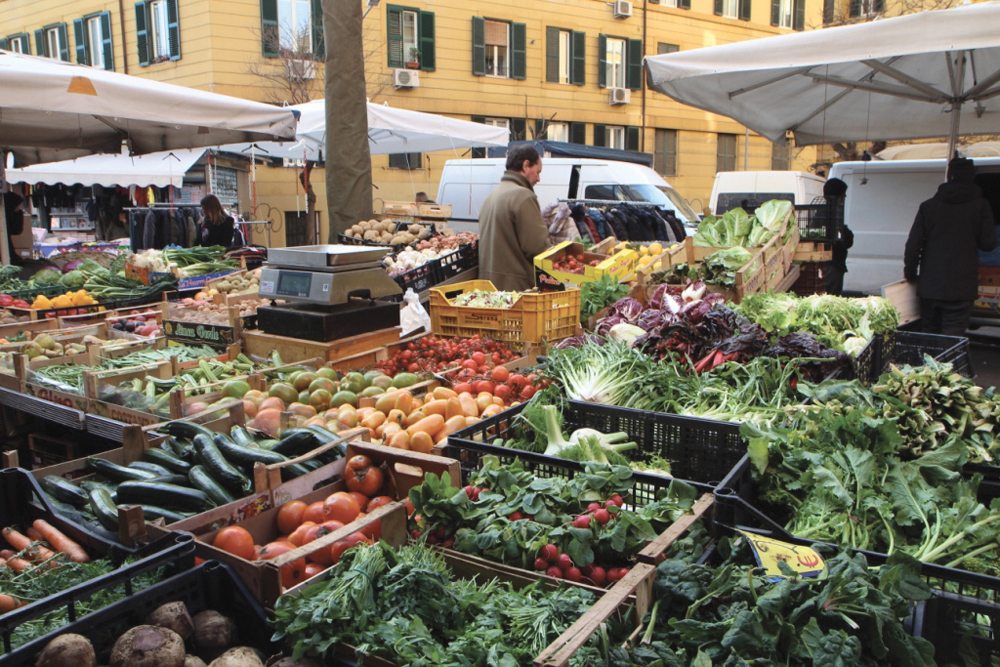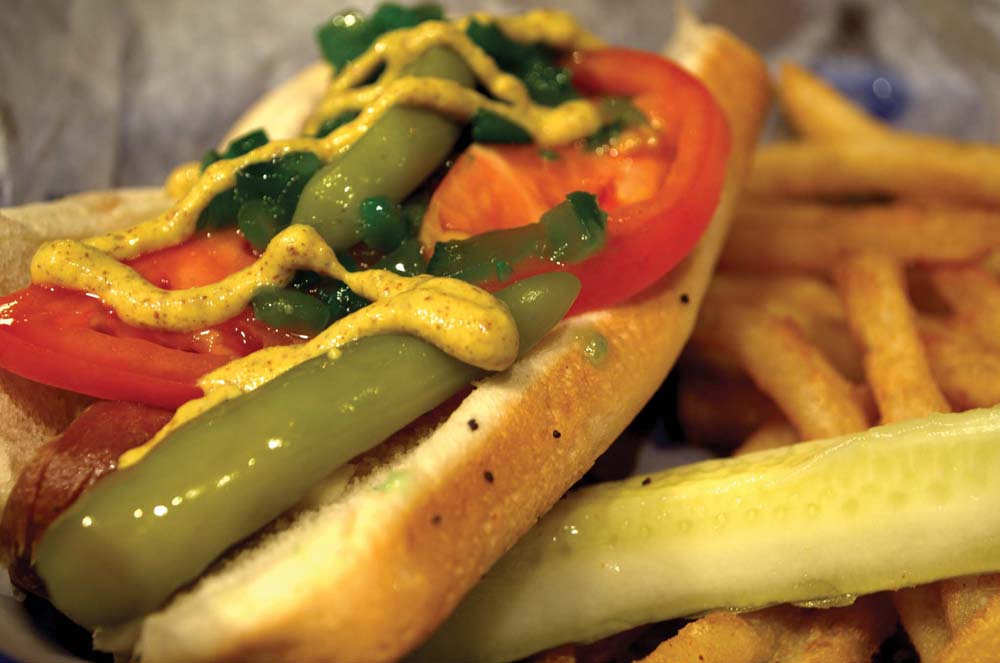Egypt plans to start rationing subsidized bread, taking a risky step to curb the budget deficit by restricting supplies of cheap loaves vital to the poor.
The government will start rationing “after two months,” Supply Minister Bassem Ouda said. Trials of a rationing system using electronic smart cards will begin in the restive Suez Canal city of Port Said and its suburb Port Fouad.
Food supply has long been an explosive issue in Egypt, and the change means anyone wishing to buy subsidized loaves will need a ration card — to which all Egyptians are entitled but which the better off have usually let lapse. Ouda did not say how many loaves citizens would be entitled to.
Read Also

CUSMA access key among other trade noise: Seeds Canada panel
Seeds Canada conference panelists say Canada needs to stay focused and wait as U.S. trade and tariff chaos develops, and a Canada-U.S.-Mexico Agreement review looms
Cutting subsidies is seen as vital for Egypt to secure the $4.8-billion loan it is seeking from the International Monetary Fund — but carries huge risks.
“Every ruler of Egypt has resisted cutting these subsidies because of fears of social unrest,” said Elijah Zarwan, a Cairo-based analyst.
“It’s clear that the subsidy system is sick, the economy is sick. But the cure in this case may be as painful as the disease.”
Curbs on bread subsidies provoked riots in 1977 and Egyptians are now angry about falling living standards as the economy heads into crisis under a new Islamist leadership since the overthrow of president Hosni Mubarak two years ago.
The cheapest subsidized loaves are sold for five piastres, or less than one cent.
Cheap bread
Though Egyptians are technically each entitled to three subsidized loaves a day, there are in practice no curbs on how much of the cheap bread people can buy.
Tempers are already rising over higher prices. Bakers are threatening to strike, accusing the government of owing them nearly $60 million in overdue subsidies. They’re also upset with the price for subsidized flour, which they say is too high.
“If they don’t change this, we will close our shops,” bakery owner Mohamad Sharaf said. “We will not be able to work because we will not pay out of our own pockets.”
The bakers, who had travelled to Cairo from around Egypt, also complained of corruption in the bread sector. Rising fuel and ingredient costs have hit their businesses hard, bakers say.
The government spends over $5.5 billion a year on food subsidies, which also cover items such as rice, oil and sugar. A slide in the Egyptian pound’s value is pushing up the bill, as much food has to be bought for dollars on international markets.


















